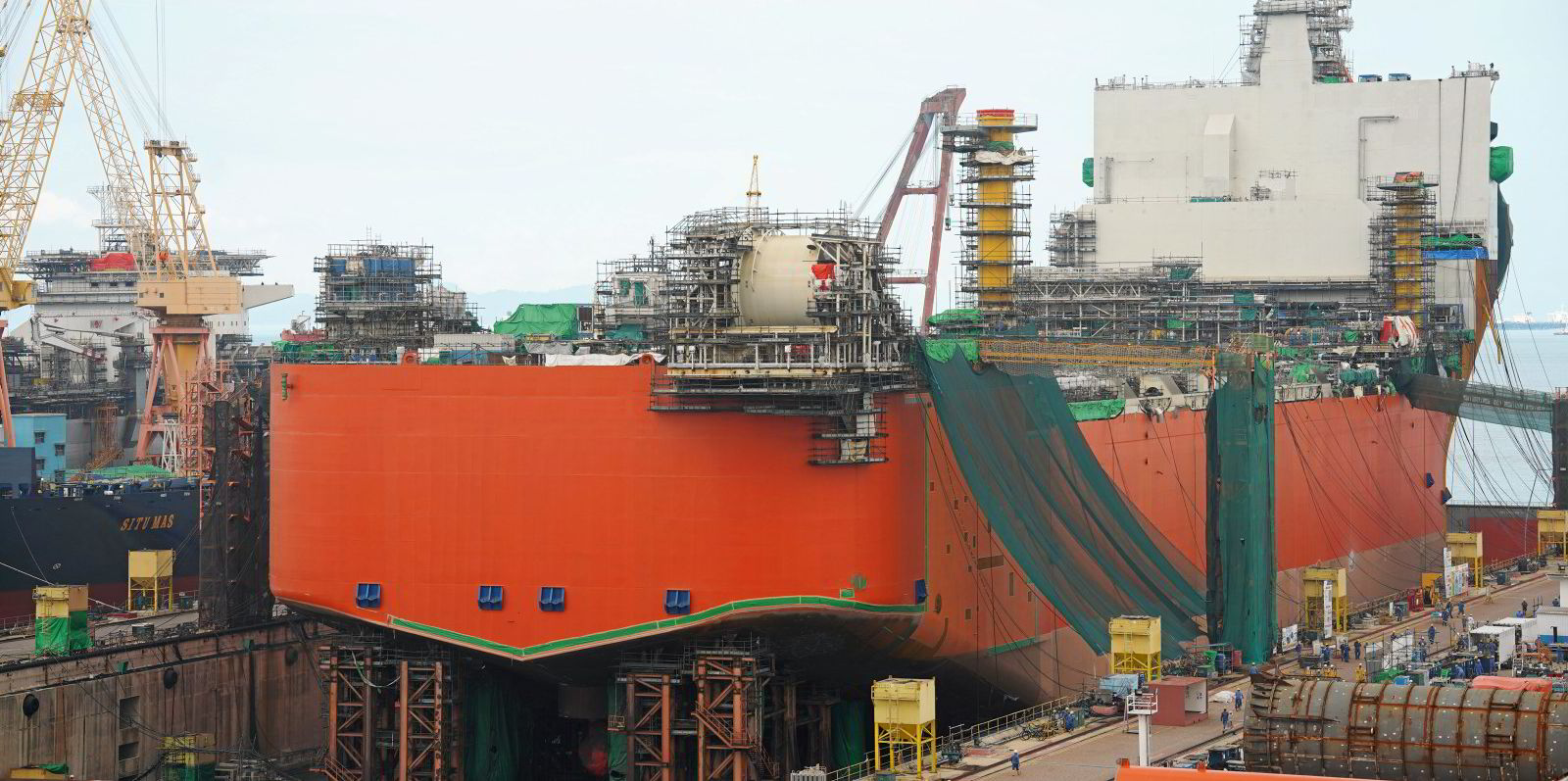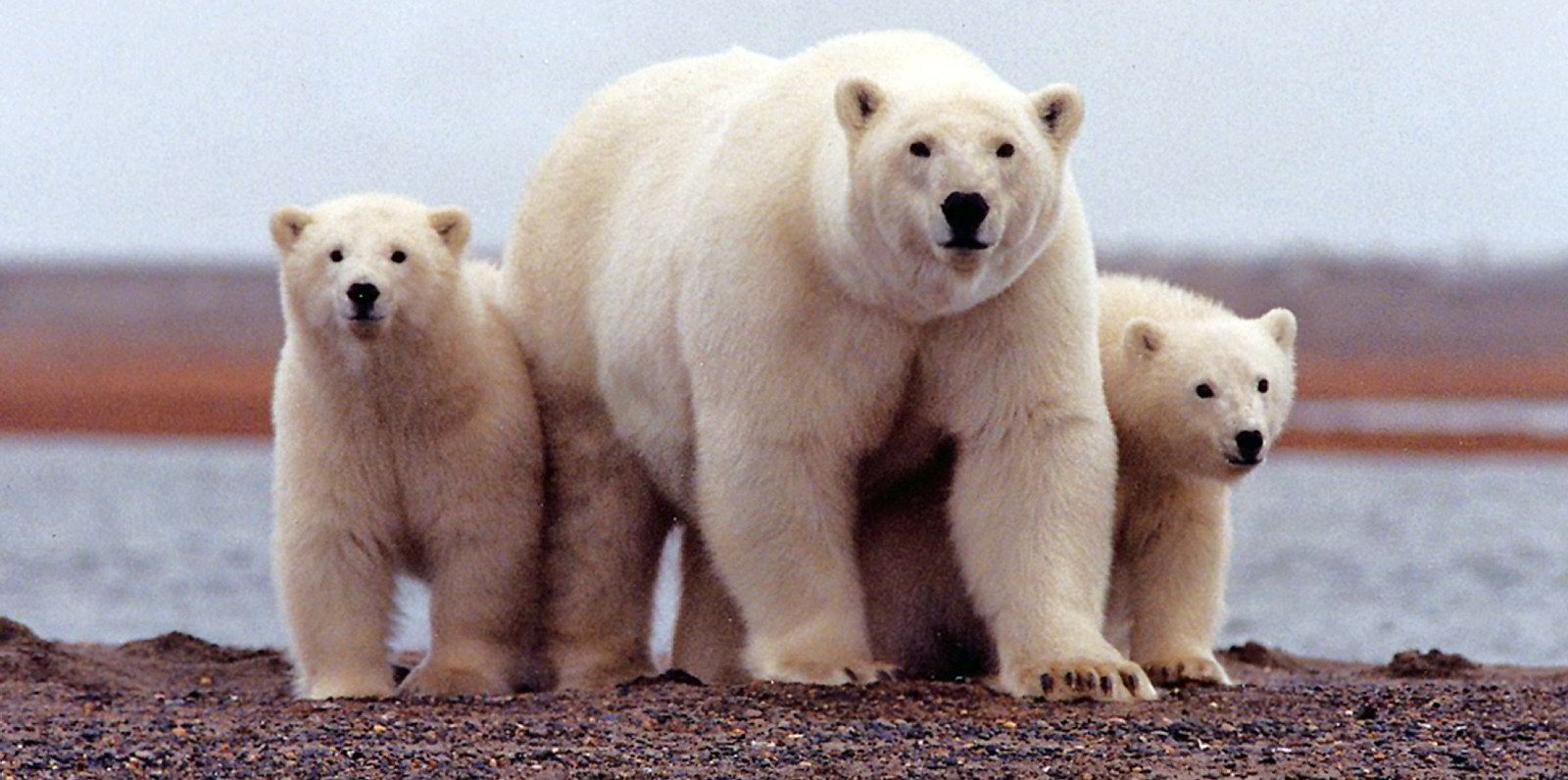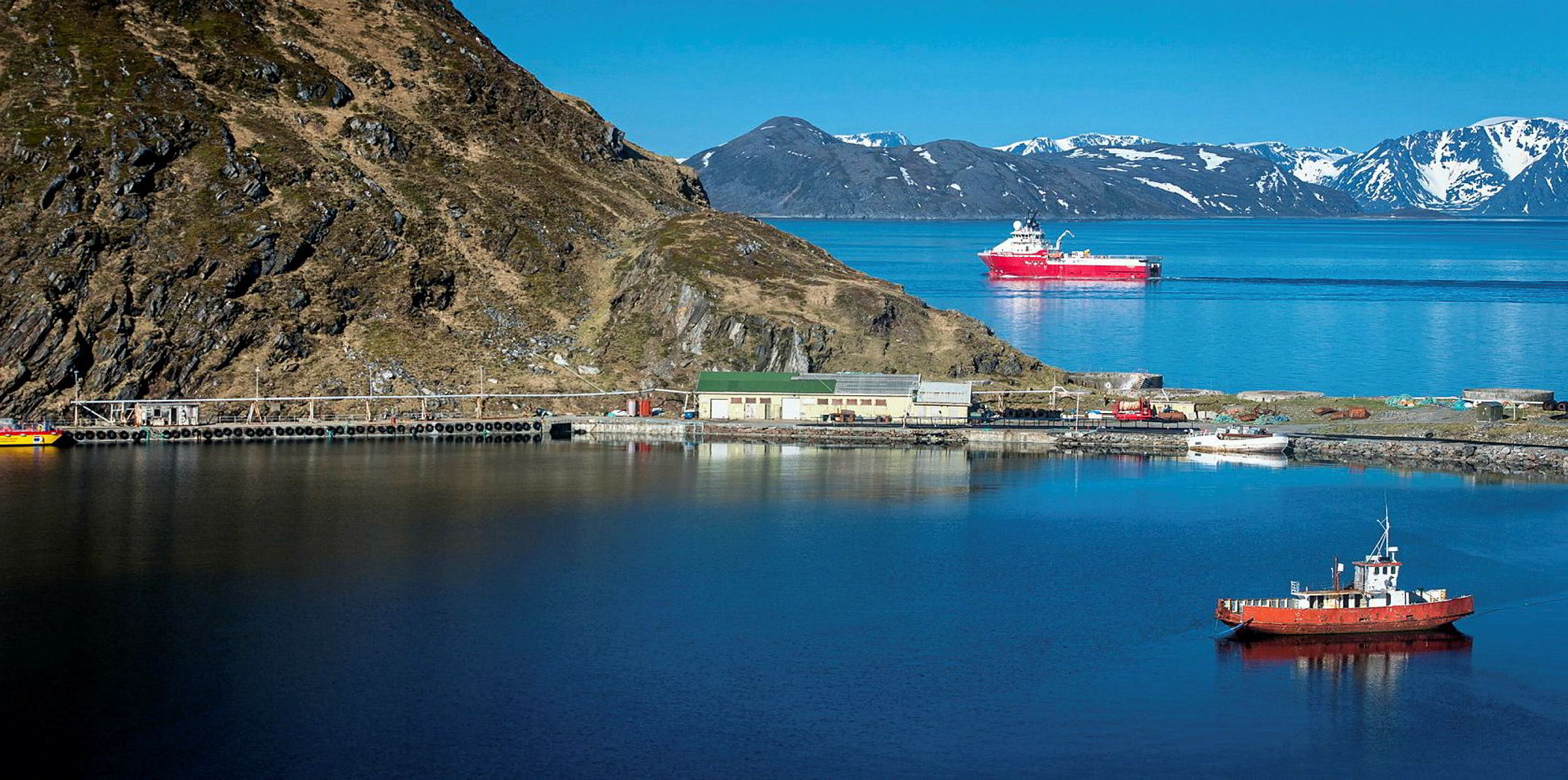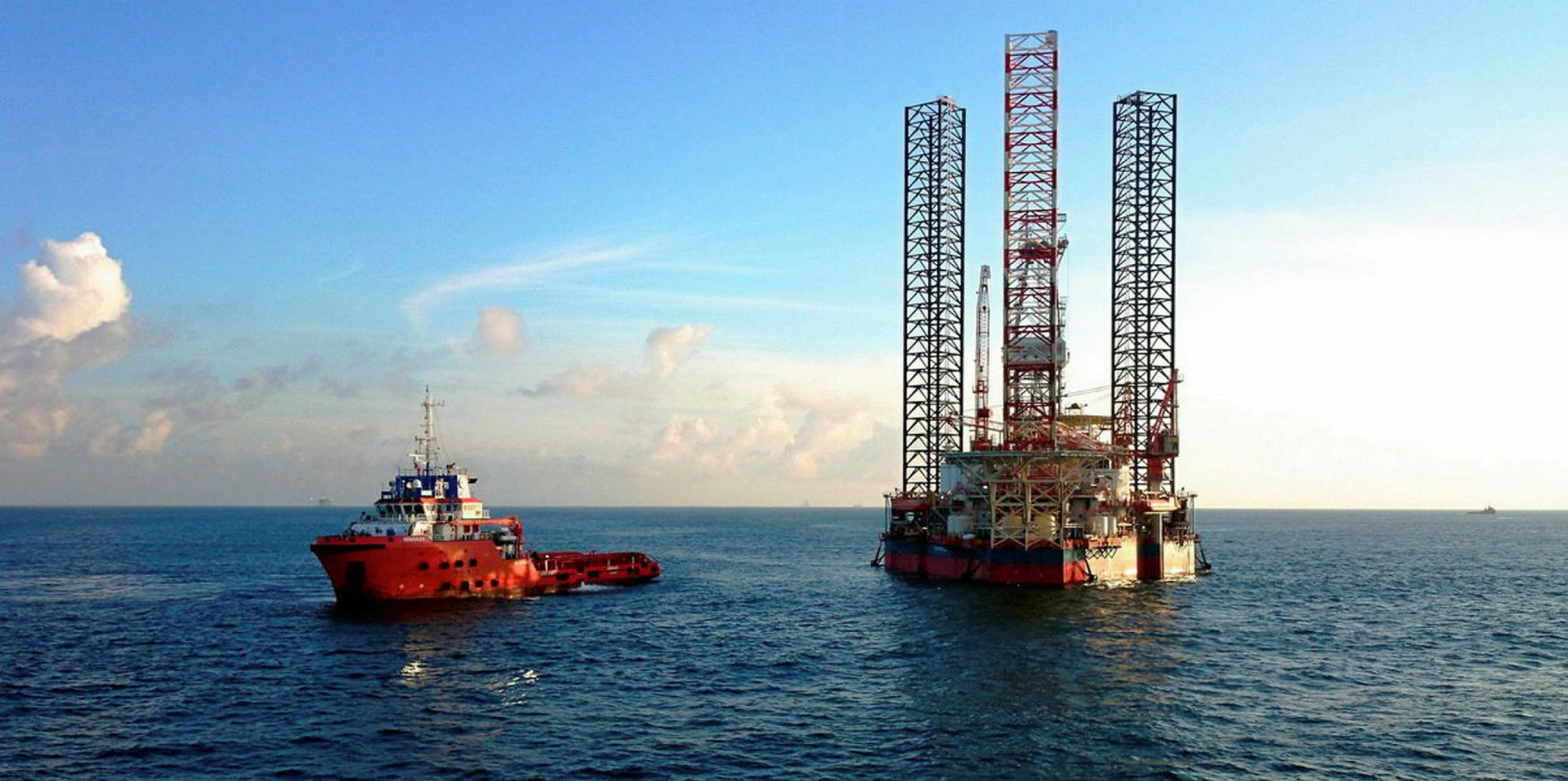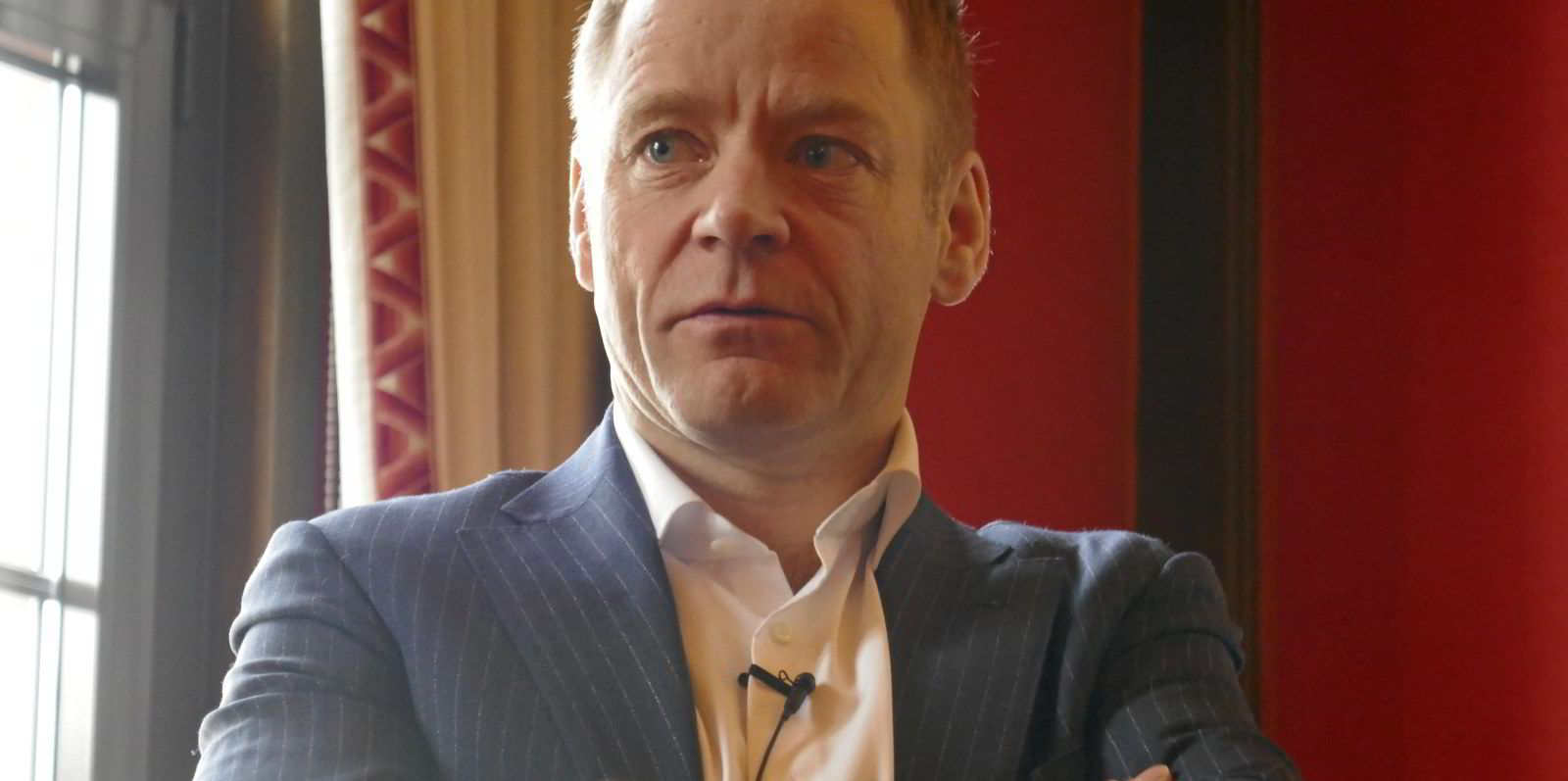Norway's Petroleum Safety Authority (PSA) has slammed oil major Equinor and Singapore shipyard Sembcorp Marine for costly flaws in supervising and executing a big-ticket floating production, storage and offloading newbuilding project for the Barents Sea.
"The PSA became aware in the first half of 2020 of weld-quality errors in the Johan Castberg FPSO hull," wrote the regulators in a 1 June report. "Extensive repair work is required."
The problems were first reported in July 2020 by TradeWinds' sister newspaper, Upstream.
In a scathing 50-page public report on its investigation, the PSA assigned much of the blame to a lack of "competent personnel" at repair yard Sembcorp Marine, and not least to the splitting-up of the work to four separate yards.
But the regulators also said Equinor was aware of these problems early on and managed them poorly.
"Equinor’s goals and priorities have contributed to the failure to get adequately to grips with the weaknesses in execution quality, and these have thereby persisted over time," they wrote.
The 250,000-dwt Johan Castberg FPSO (nominal delivery date 2022) was ordered in 2017 and originally scheduled to come on stream in the fourth quarter of 2022.
In October, Equinor announced that delivery was expected to take at least a year longer, largely because of work necessary to correct flawed welding.
The originally announced price of the advanced-design vessel was $490m on an engineering, procurement and construction basis. The high-spec self-contained FPSO and integrated accommodation unit was designed for the harsh environment in the seas beyond Norway's extreme north.
Equinor has previously reported increased costs of NOK 2.8bn ($337m) because of the Johan Castberg FPSO delays, but attributes the increase to currency-exchange consequences of the delay. But the PSA report pointed in addition to the diminished present value of the investment because of delay.
Nor will the builders and contractor be able to correct all the bad welds.
"Inspection and repair cannot compensate for inadequate welding expertise," the authorities wrote. "Inaccessible details and areas [of the hull] will have a lower structural reliability than would have been the case if the welding had been done by competent personnel."
'Primarily concentrated on progress'
Equinor has admitted a share of the blame.
"Even if Equinor’s follow-up team found signs of poor quality at an early stage, the extent and degree of seriousness were not understood," the oil major wrote in an April announcement of its own internal investigations. "Sufficient measures were therefore not implemented."
The PSA delivered its verdict in more direct language.
"Equinor failed to get to grips with the problems of inadequate expertise and poor welding quality at a sufficiently early stage," the Norwegian regulators wrote.
They blame Equinor's focus on controlling costs and maintaining a "lean project organisation", but also on the oil major's management priority of keeping the job on schedule.
"Engineering lags at the start of the project led to an even tighter timetable for subsequent activities, since the planned milestones were retained," the regulators wrote. "Against that background, Equinor’s attention was primarily concentrated on progress."
Class society DNV identified flaws but later toned down its criticisms — prematurely, the regulators believe.
"DNV GL reported deficiencies with welding and quality follow-up at the yard as early as the start to fabrication," they wrote. "To some extent, efforts were made to correct this, without having the necessary effect."
The class society "was outspoken about the quality challenges in its status reports for class follow-up during the third quarter of 2018" but believed by March 2019 that "welding quality no longer posed any major challenges".
Despite the regulators' statement that structural flaws will persist, Norwegian business daily Dagens Naeringsliv quoted Equinor executive vice president (EVP) for projects, drilling, and acquisitions Arne Sigve Nylund as denying that the FPSO would be an unsafe workplace.
"It is going to be just as safe as other installations on the Norwegian continental shelf or anyplace in the world for which we have responsibility," he told the newspaper.
An Equinor spokesman responded to an enquiry from TradeWinds about how the areas of lower structural reliability could be safe.
"The vessel must meet the requirements incorporated in the plan for development and operation [PDO] and obtain a DNV class certificate before sailing to the field," he said.
"A reassessment of all structural welds has been made and extensive cross-checking is being carried out by use of non-destructive testing [NDT], including ultrasound. The ship will, as our EVP said, be a safe place to work."
Dockwise's 117,000-dwt semi-submersible heavylift carrier Boka Vanguard (built 2013) is scheduled to transport the hull to the Aker Solutions yard at Stord in Norway for completion later this year. But Equinor has advised in an announcement that the move could yet be complicated as a result of the Covid-19 pandemic.
